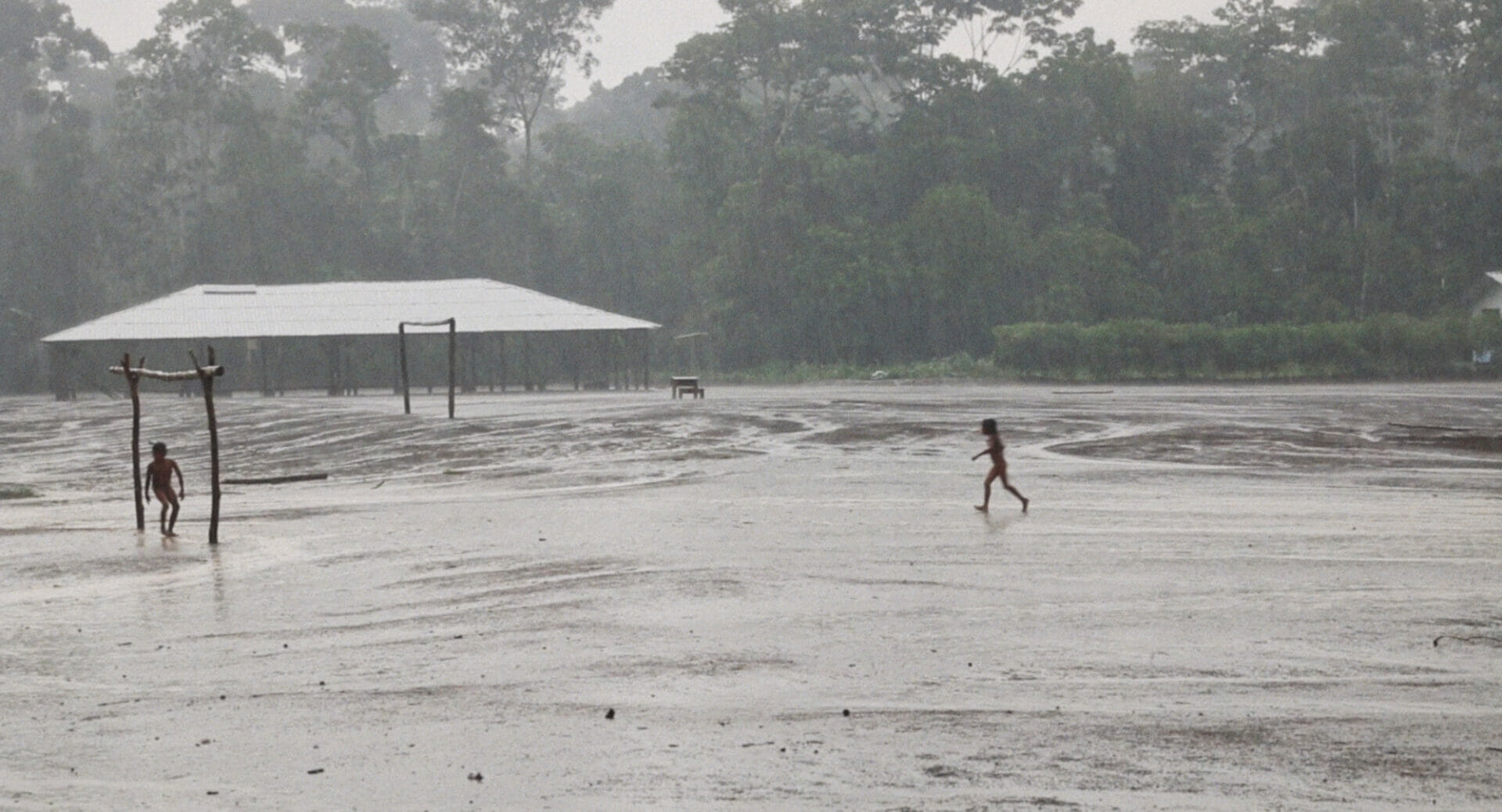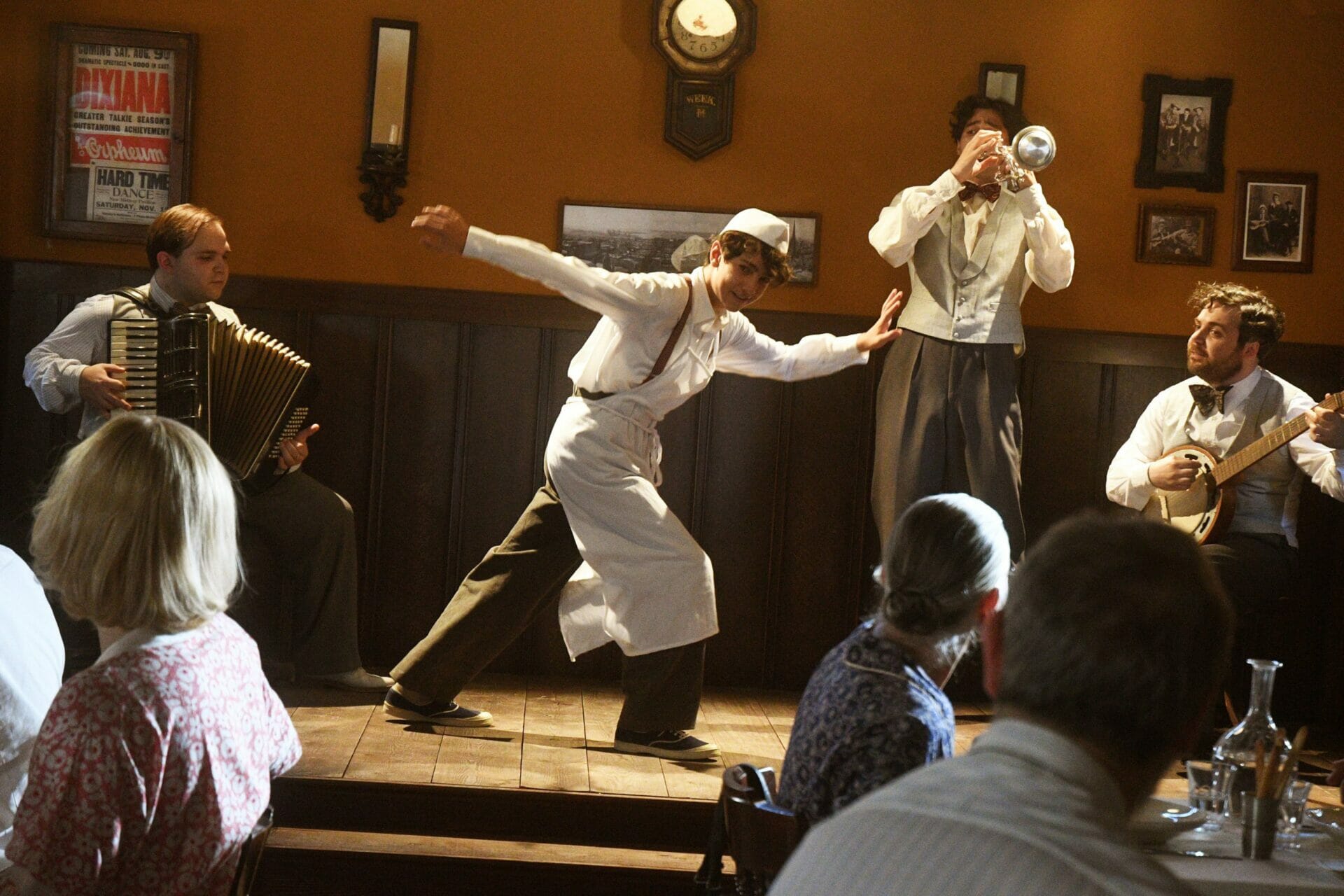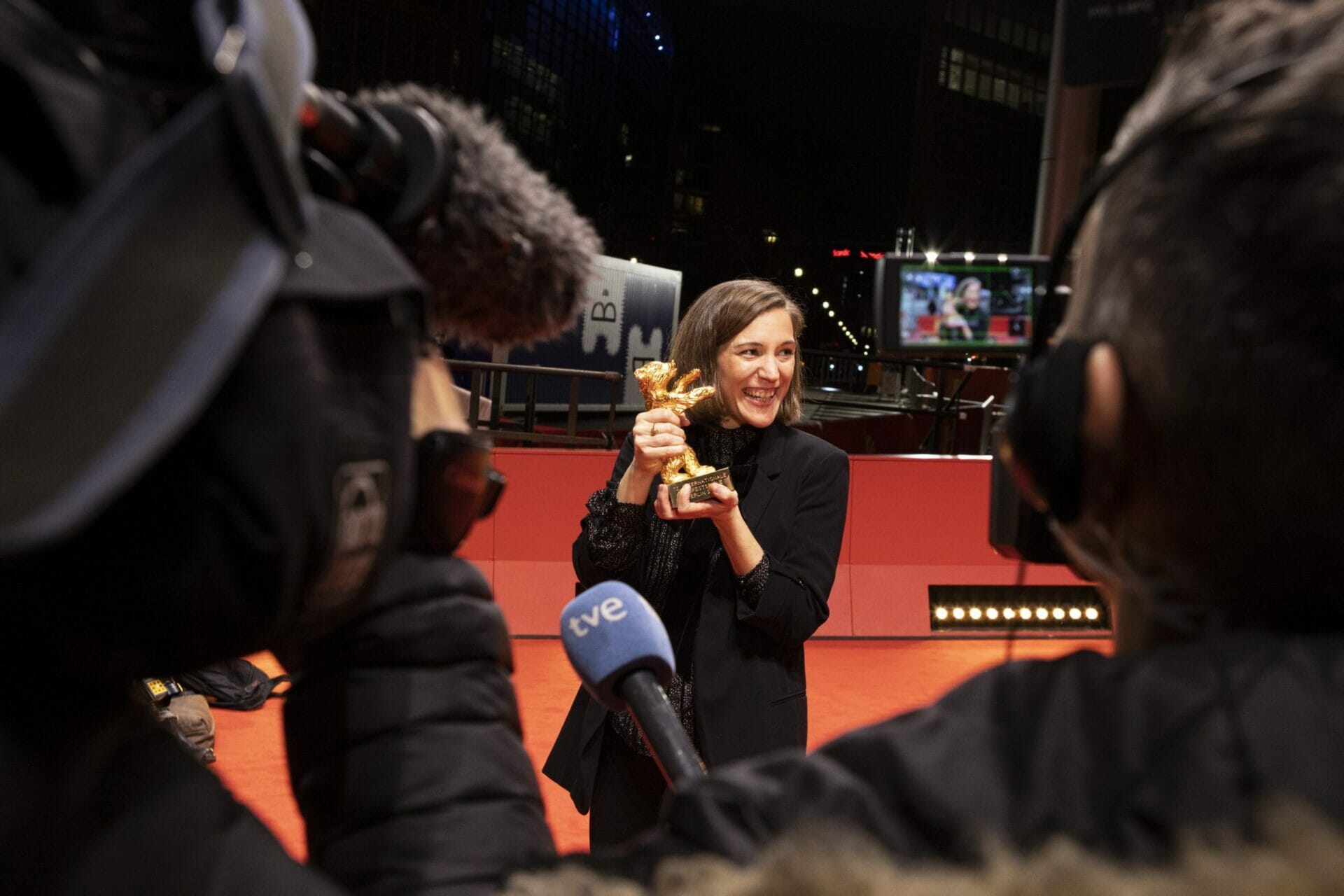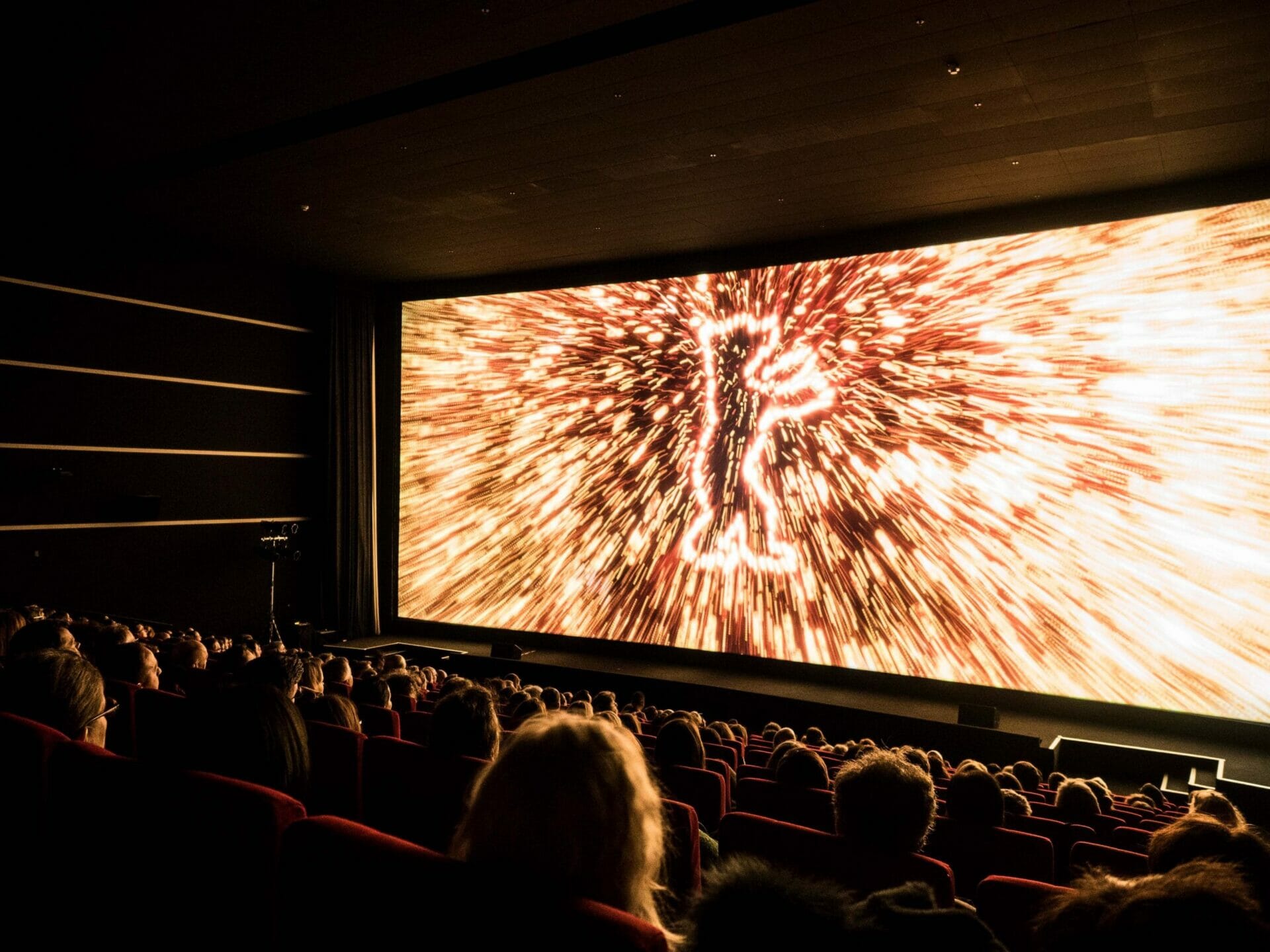
It’s cold, it’s gray and the winter days are short. These are already three good enough reasons to look forward to the 72nd Berlinale. It promises ten days of movies from all over the world, and in the heart of Berlin this feel like a blessing, especially after two years of the pandemic. As the festival’s executive director Mariette Rissenbeek underlined during the Berlinale 2022 program presentation, “Culture is one of the anchors of our society, and especially during the pandemic, it’s a vital and necessary experience”.
So despite the spreading of the Omicron variant, this year’s Berlin International Film Festival will be an in presence collective experience, the organizers reassure.
Live, online and hybrid
“Cinema is a way to bring different cultures together at a time in which mobility has been strongly reduced. Therefore we decided to concentrate all our efforts on our public here in Berlin,” the artistic director of Berlinale Carlo Chatriand, former director of the Locarno Film Festival, explains. However, the format of the event had to be adapted to the actual situation and a few changes have been implemented. To start with, the EFM (European Film Market) will only happen online, and the initiatives Berlinale Co-Production Market, Berlinale Talents with its talks, and World Cinema Fund as a hybrid.
This year’s festival will be shorter. The capacity of theatres is reduced. Projections have been decentralized and longer breaks will take place between one movie and the other to allow a change of air flow. So, because of all of these reasons, and despite the fact that the number of movies which have been submitted to the festival has increased by 50% compared to last year, the final program includes 260 movies, long and short, 25% less than last year. While all the categories are back in place.
Imagination and humor are the keys
Berlinale is the third most important film festival in Europe. Known to be the most political major film festival, into the bargain, this year it is a “good description of the world not just in its current state of change, but also how it was and could again be,” Chatrian argues. Imagination and humor are the fil rouge of this year’s program. Surprisingly very few movies are about or are clearly set within the new world of rules and regulations dictated by the pandemic. Chatrian points out how the selection has never welcomed so many love stories before. After all, relationships between people are what drive everything. In this regard, most of the movies selected show “borders between us and our neighbors as a point of attraction rather than rejection”.
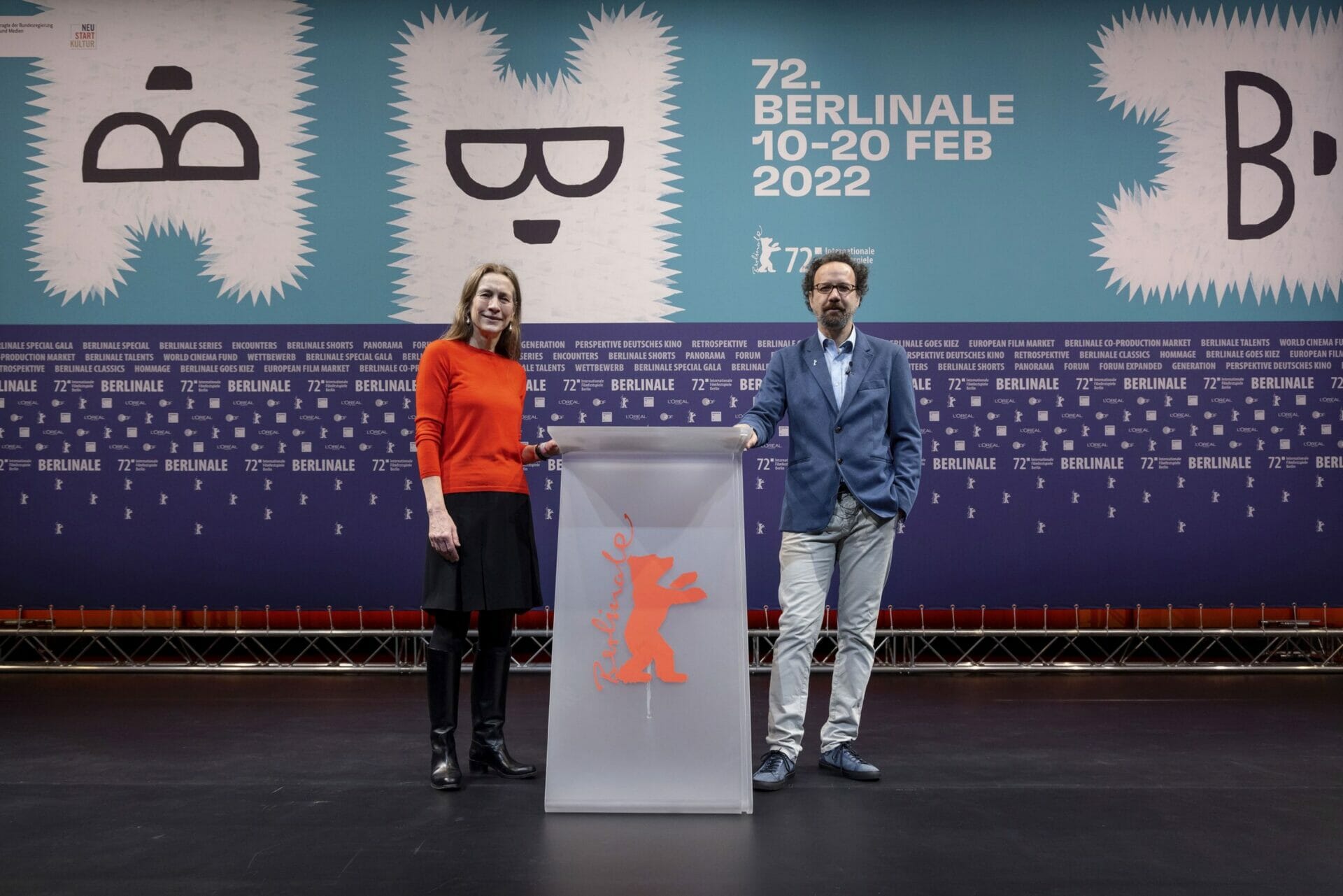
Competing for the Bear
Finally, both the jury and the movies in the Competition have been announced. Screenwriter, director, and producer M. Night Shyamalan, who made his breakthrough with The SixthSense (1996)will guide the International Jury of this year’s competition. There are eighteen films competing for the Golden Bear. All of them are premieres, but one. Eleven filmmakers took already part in the festival and five even hold a Bear in their hands. As Rissenbeek proudly observes that seven directors are females, Chatrian makes a point by saying that they “can always do better”. Half of the movies take place within a family setting, and half are playing in the contemporary world. Something to be noticed also is that, for a change, half of the competing movies play outside the cities’ center.
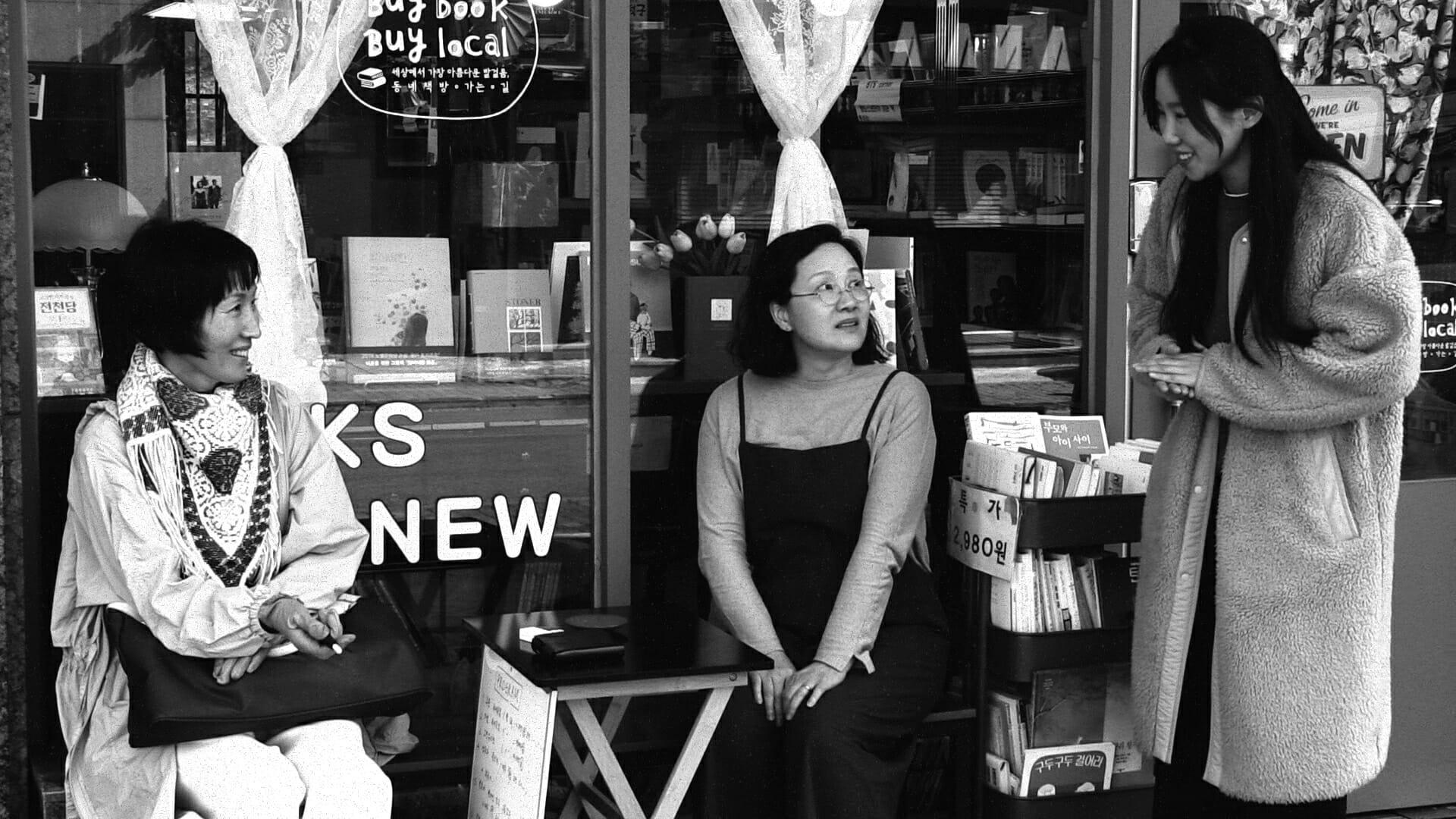
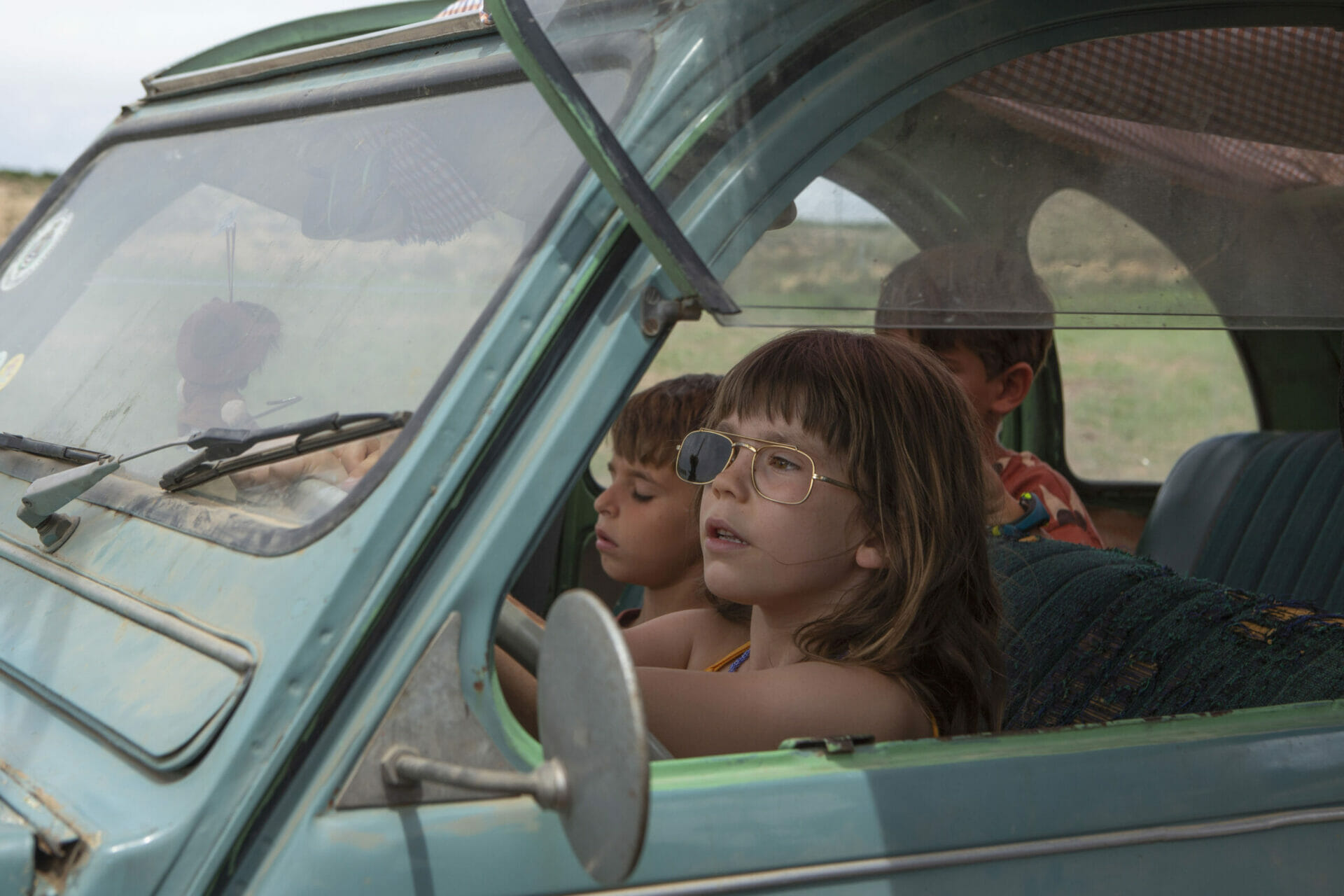
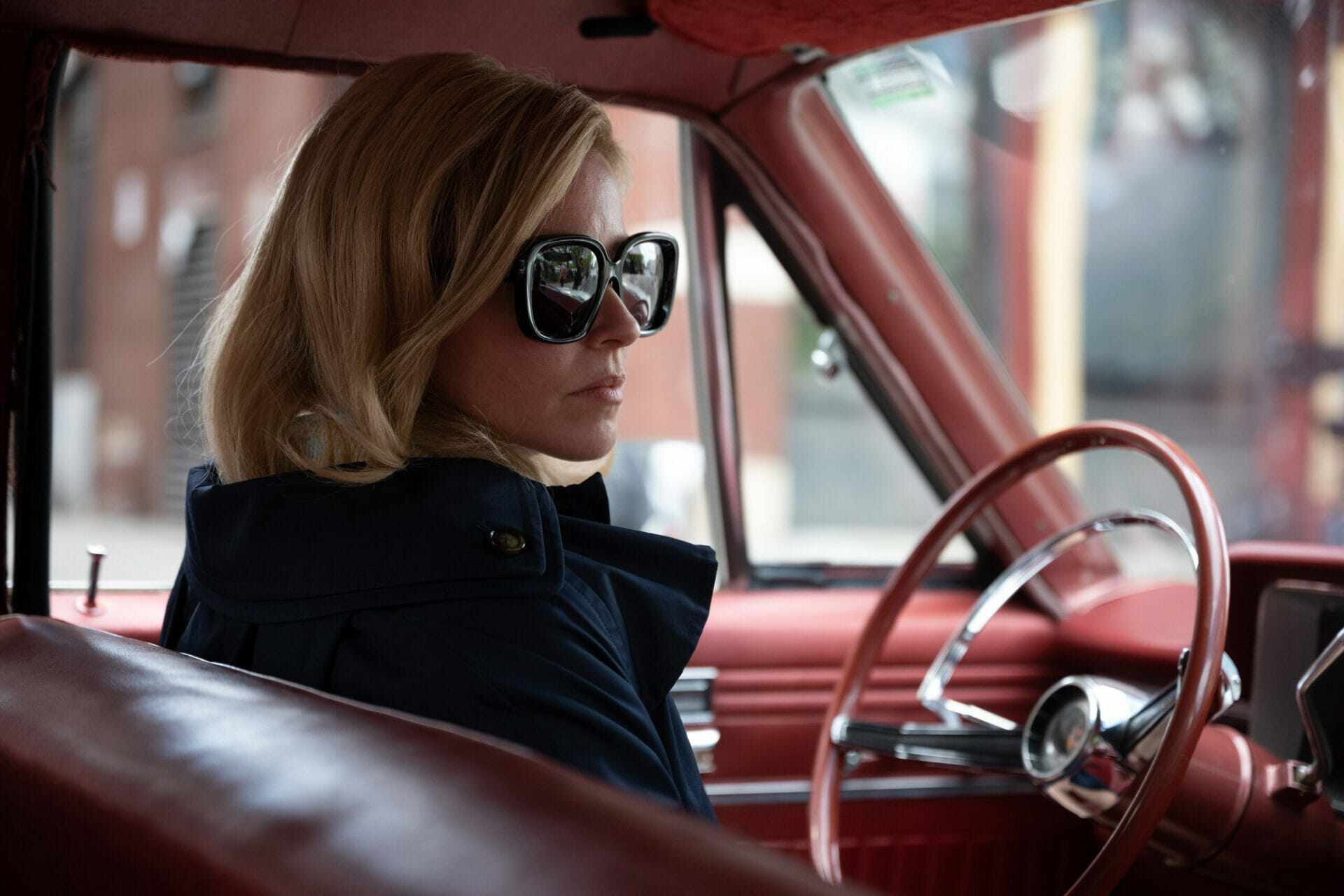
German directors and French actors
Three are the German-speaking movies competing in this year’s Berlinale. Ulrich Seidl is back with Rimini, where a former star-turned gigolo has to put up with ageing and responsibilities. Versatile Nicolette Krebitz presents A E I O U – A Quick Alphabet of Love. While after the international success in 2018 of Gundermann, about an East German songwriter, Andreas Dresen will premiere Rabiye Kurnaz gegen George W. Bush. What’s more, well-known French actresses and actors are expected on the red carpet too. Juliette Binoche and Vincent Lindon star in Claire Denis‘ Both Sides of the Blade, while Charlotte Gainsbourg leads in Mikhael Hers’ The Passengers of the Night.
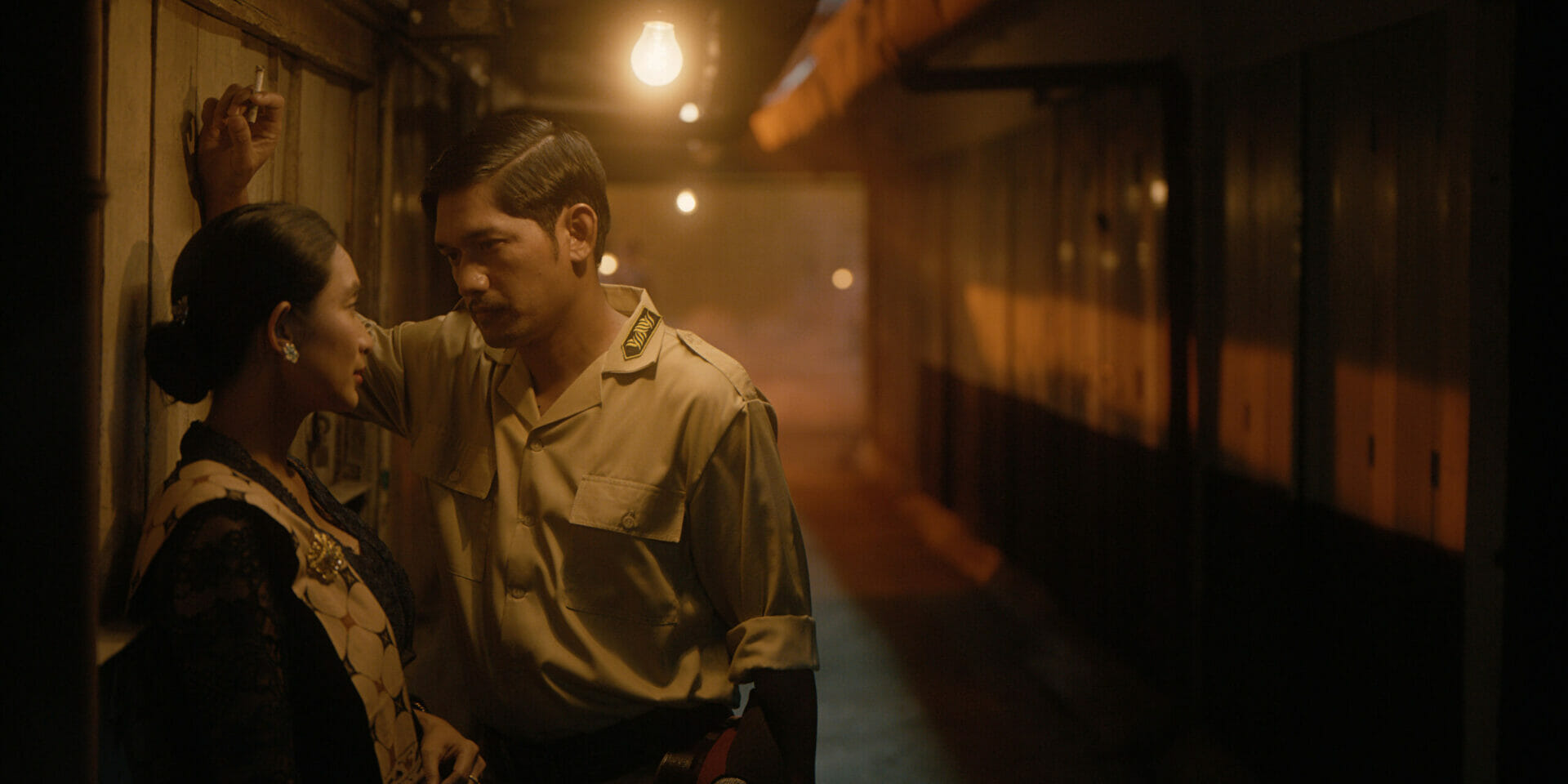
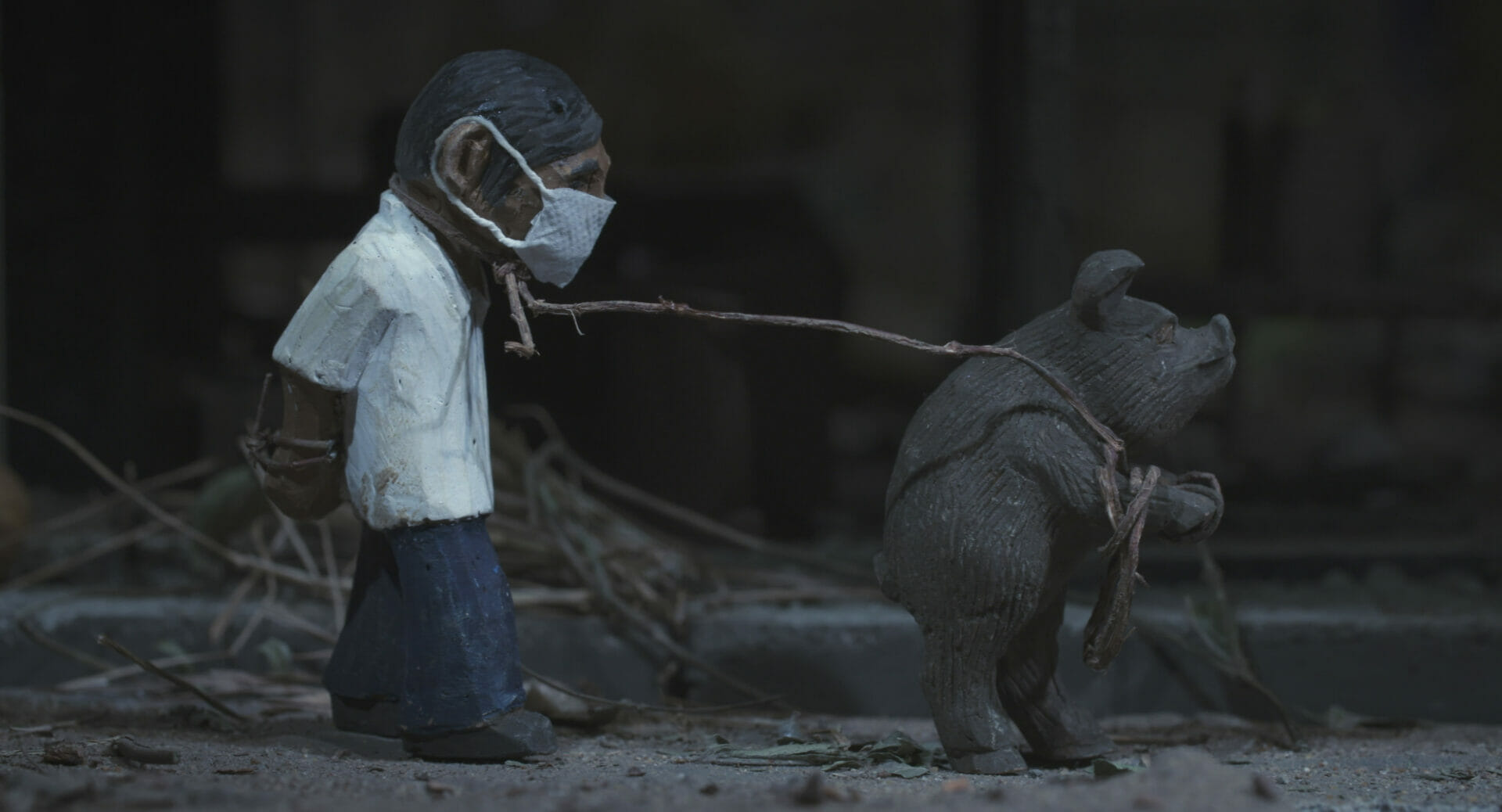
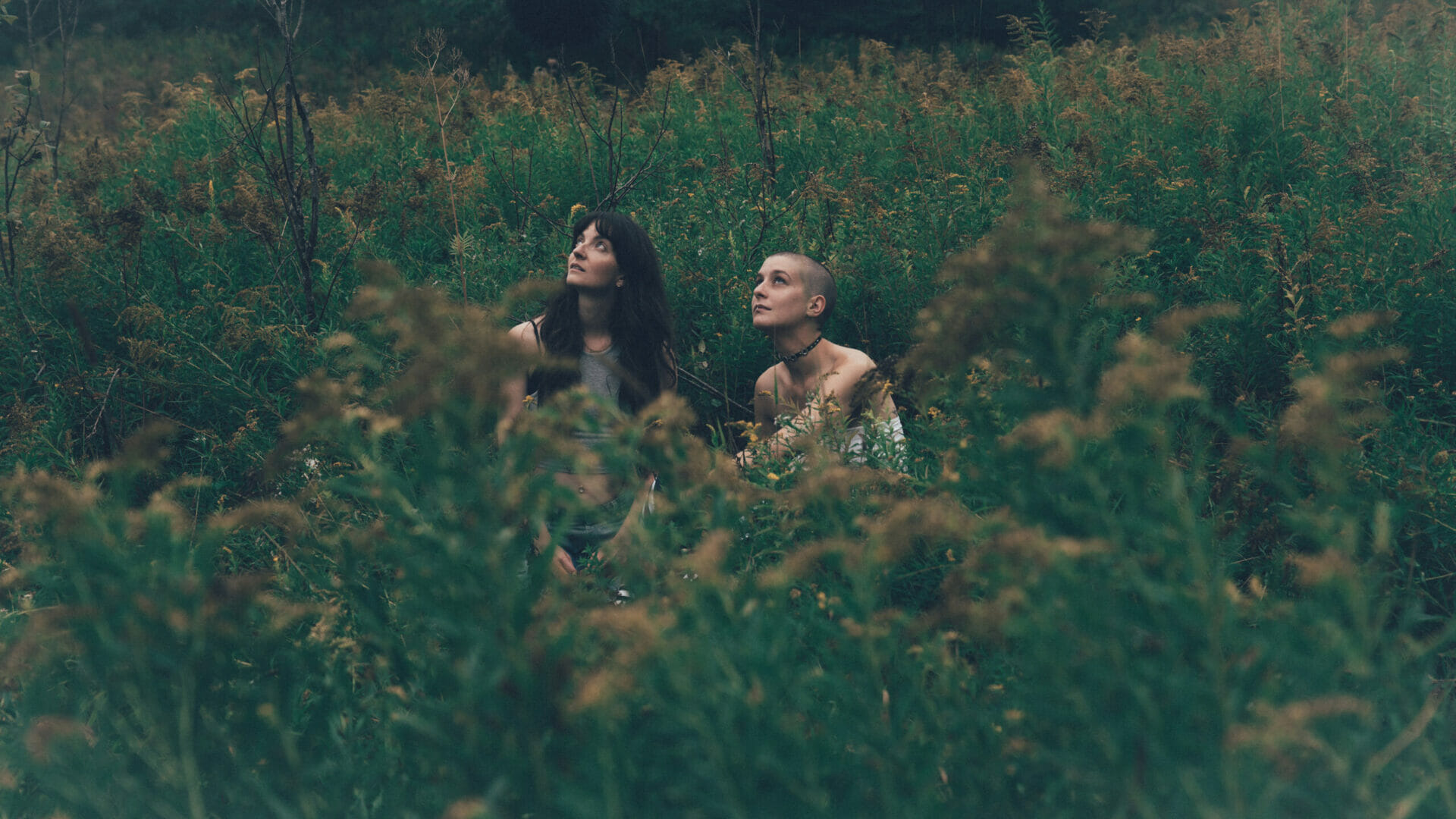
Worldwide’s habituès
Many directors competing are already habituès of the event. The South Korean director Hong Sang-soo with The Novelist’s Film celebrates the beauty of chance encounters during the pandemic. The Indonesian director Kamila Andini is also back with the autobiographical movie Nana. Ten years after winning the Golden Bear thanks to Cesare must die, Paolo Taviani is back in competition too, however this time without his brother. The soundtrack of the new movie, Leonora Addio, about the last trip of the writer Luigi Pirandello, is by award-winning Nicola Piovani.
Also, Denis Côté is back for the fourth time with the documentary That Kind of Summer about the picaresque peregrinations of two nymphomaniacs. The apocalyptic-moral tale Everything will be ok by Cambodian director Rithy Panh, who won the Documentary Film Prize with Irradiated in 2020, is the only animated movie in competition. Director Li Ruijun is also back with Return to Dust, about two outcasts in a rural Chinese village. Much awaited are also Alcarràs by Carla Simon, about a rural area of Catalunia and Call Jane by director Phyllis Nagy with Elizabeth Banks and Sigourney Weaver, where female solidarity tries to find a way around the abortion ban.
Berlinale Special
The 72nd Berlinale will be inaugurated by Peter von Kant and by writer/director François Ozon. Ozon is back for the sixth time after winning two Silver Bears. This free adaptation of The Bitter Tears of Petra von Kant is an homage to its director Rainer Werner Fassbinder and is part of Berlinale Special. This glamorous and versatile section will show fifteen movies at Friedrichtsadt Palast, the biggest venue of the festival. Among them, six are documentaries.
Much-awaited too is This Much I Know To Be True by Andrew Dominik about Nick Cave‘s work during the pandemic. But also Terminal Norte by Lucrecia Martel, Nest by Hlynur Pálmason, and A German Party by Simon Brückner. The last one features investigative insights into the German far-right party AfD. Moreover, the master of horror Dario Argento is expected to present his new movie Occhiali Neri, starring his daughter Asia Argento. Last but not least, About Joan directed by Laurent Lariviere and starringIsabelle Huppert will be screened as she will receive the Honorary Golden Bear.
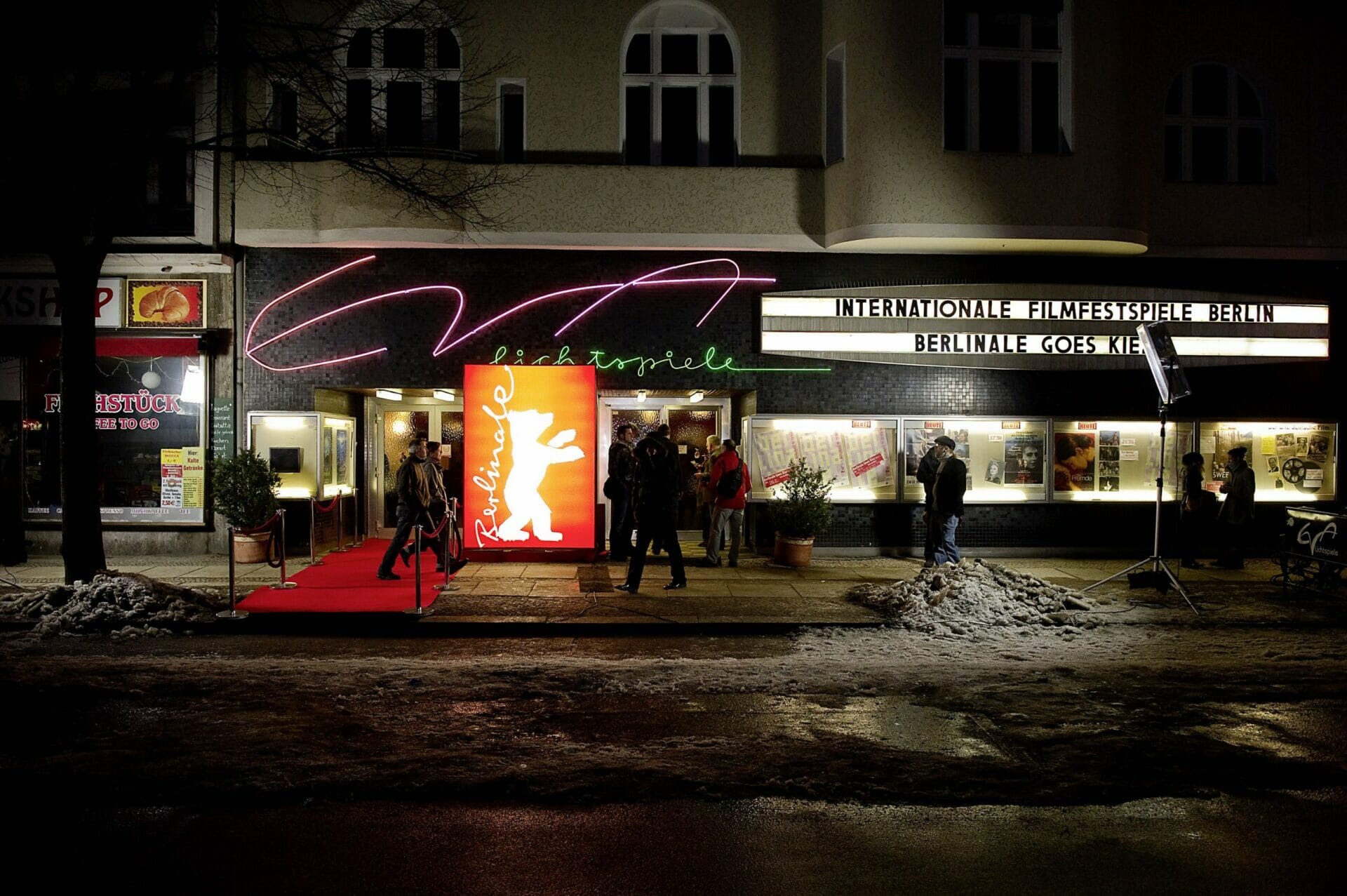
Berlinale on the block
For months now, people have been sick of watching movies alone at home during quarantine and lock-downs. Therefore, Berliners are not only happy to welcome back Berlinale, but especially the very beloved Berlinale goes Kiez. These special presentations will take some of the festival’s movies, guests, and exciting atmosphere to smaller and decentralized locations around the city. It will be a chance to pay tribute to all those art house cinemas which have been struggling during the past two years of pandemic but are fiercely resisting it thanks to their loyal visitors.
So while some still struggle to understand what the 2G-plus-mask-plus-test regulation to access screenings means, journalists from overseas are wrapping their heads around visas and quarantine rules. Berliners and cinephiles from all over the world can’t wait to see what this year’s Berlinale has to offer and embrace the new Berlinale slogan: VACCINATION also PROTECTS CULTURE!






